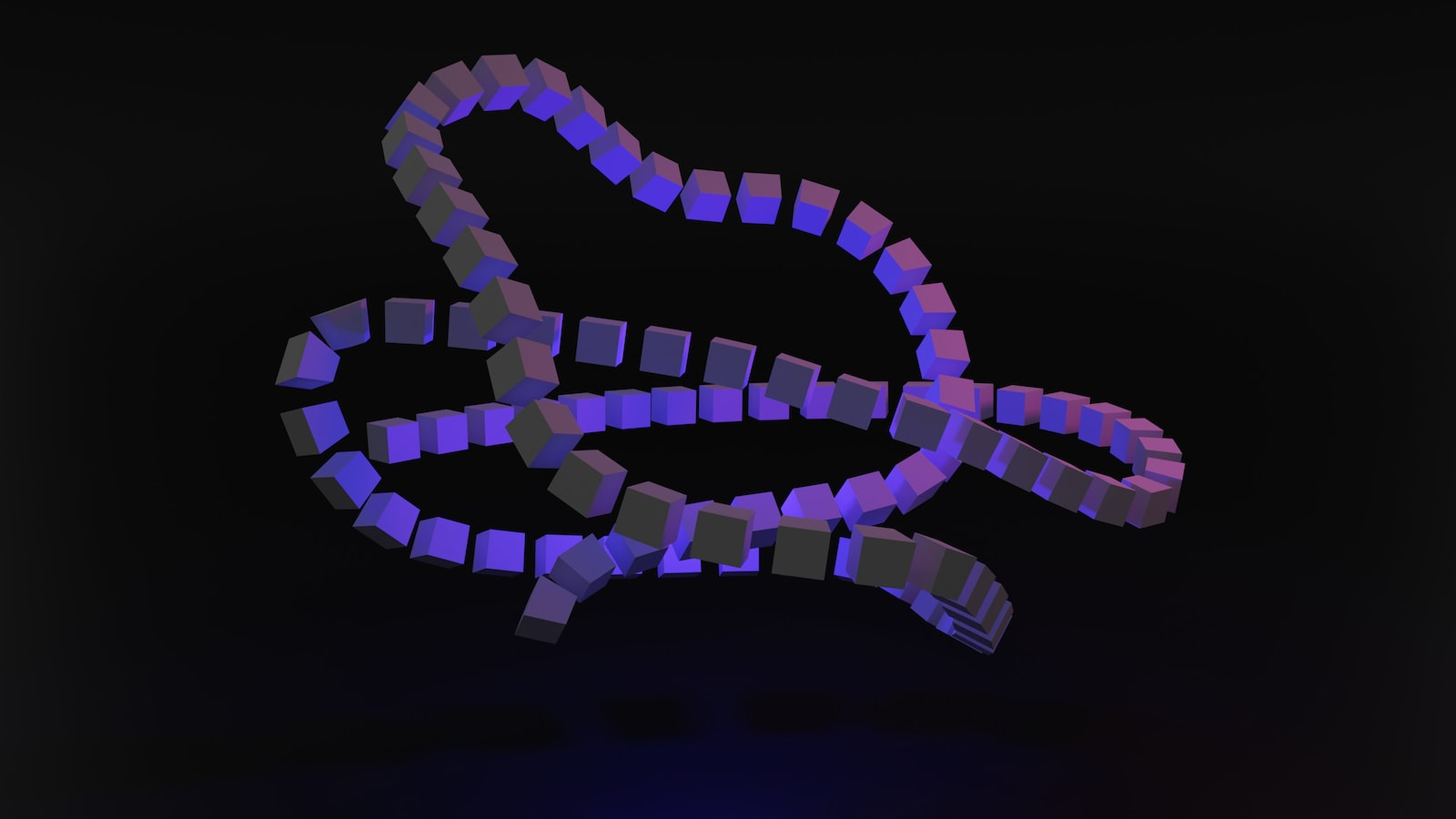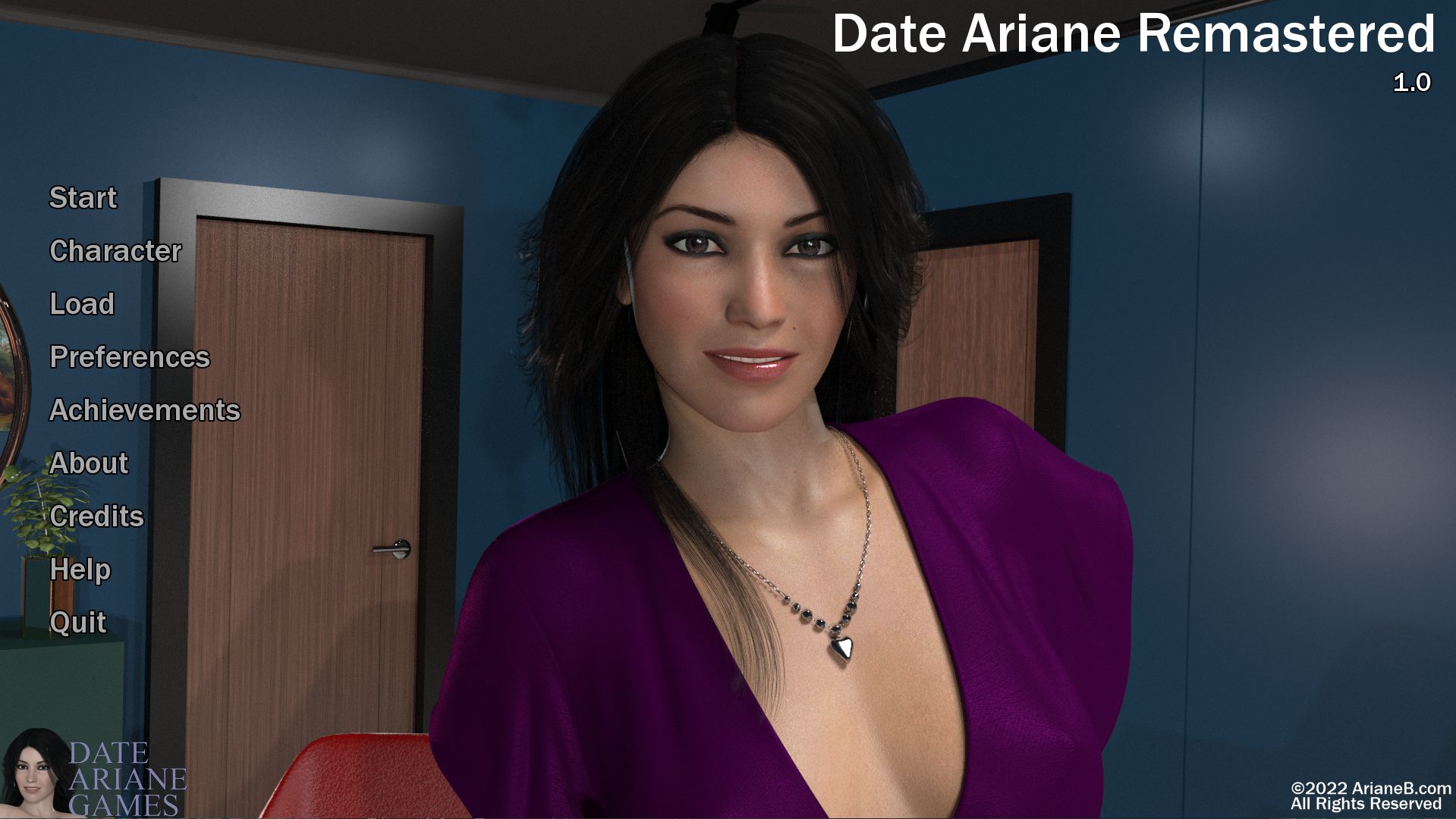“Love is heavy and light, bright and dark, hot and cold, sick and healthy, asleep and awake – it’s everything except what it is!” (Act 1, scene 1) William Shakespeare. Romeo and Juliet
Oh that William Shakespeare actually had one thing happening. And then current day researchers have one thing to say about it!
Easy as it’s to wish to analyse Shakespeare’s poems and sonnets or performs like Hamlet or Macbeth and cite the all-powerful “to be or not to be,” “The slings and arrows of outrageous fortune,” and “Tomorrow, and tomorrow, and tomorrow.”
Shakespeare revolutionized human emotion and battle just by his dramatics, phrases and keenness he weaved into his works. He dropped at us the “why do we crave love so much, even to the point that we would die for it?”
Refraining from refuting students who’ve studied the works of Shakespeare indelibly, allow us to massively have a good time the high school principals and lecturers who yr after yr convey this mysterious Literary King right into a teen’s thoughts and coronary heart. They are deserving for making it a part of a youth’s coming of age whereas making an attempt to spring ahead a sneak peek on the understanding of the complexities of affection and human feelings.
How many recall the passionate instructor, provoked by an early morning’s lesson on Romeo and Juliet, “O! she doth teach the torches to burn bright” – as you frightfully sat, nonetheless unawake and withdrawn at your desk? The instructor marched ahead and stopped and stared whereas she bellowed “what does love mean TO YOU?”
Love, as twisted and complicated because the English language is, is diversely described as:
“deep, tender, ineffable feeling of affection and concern toward a person, such as that arising from kinship, recognition of attractive qualities, or a sense of underlying oneness. An intense emotional attachment, as for a pet or treasured object. A person who is the object of deep or intense affection or attraction; beloved. Often used as a term of endearment. An expression of one’s affection. A feeling of intense desire and attraction toward a person with whom one is disposed to make a pair; the emotion of sex and romance.”
Of course, is that this the discussion board to argue if Shakespeare ought to or shouldn’t be on the curriculum or tackle the affect of Shakespeare’s adour because the seventeenth century the place his breath of his personal private love of man could also be seen in a different way now than it did again then.
“Love looks not with the eyes, but with the mind, and therefore is winged Cupid painted blind.” (A Midsummer Night’s Dream)
Let’s marshall ahead to the twenty first century the place our view of affection could also be centered extra round what many Psychologists report. It can take between 90 seconds and 4 minutes to resolve in case you fancy somebody. And additional they show it has little to do with what is alleged, moderately than 55% is thru physique language, 38% is the tone and velocity of your voice, solely 7% is thru what we are saying. Scientists who love to analyze the ability of ruling out one thing found there are 3 phases to falling in love due to how our hormones reply to the method: stage 1 – lust, stage 2 – attraction and stage 3-attachment.
Love has tons to do with biochemistry. Helen Fisher, PhD is Biological Anthropologist and a Research Professor and member of the Center for Human Evolution Studies within the Department of Anthropology, Rutgers University and Chief Scientific Advisor to the Internet relationship website, Chemistry.com, a division of Match.com.
We can solely think about Shakespeare walked the streets and relied on the day-to-day passions of his life’s loves. However, Fisher’s life’s love is to conduct intensive analysis and has written 5 books on the evolution and way forward for human intercourse, love, marriage, gender variations within the mind and the way our character sort shapes who we’re and who we love.
Like Shakespeare, Fisher addresses the “need ” of “why do we crave love so much, even to the point that we would die for it?” She needs you to be taught extra about our very actual, very bodily want for romantic love. She took her analysis workforce and checked out MRIs of individuals and studied them whereas out and in of affection.
It’s okay to place Shakespeare apart and pay attention up, hear the much less dramatic and interact youth, ourselves, in understanding how love and all of its uncooked feelings will be expressed and understood extra realistically and brazenly.













Leave a Reply